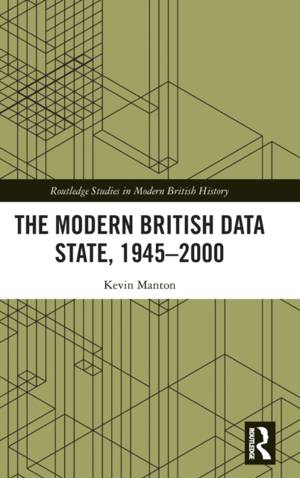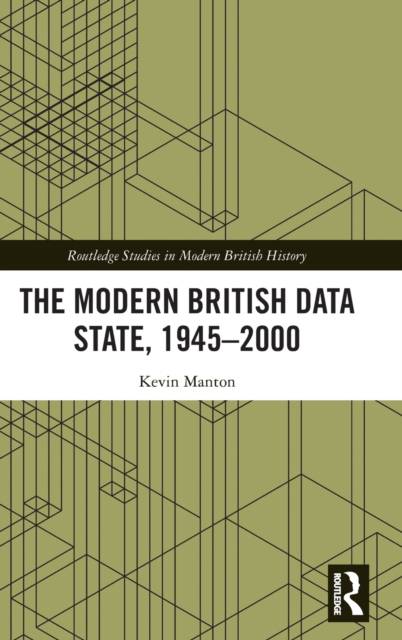
- Afhalen na 1 uur in een winkel met voorraad
- Gratis thuislevering in België vanaf € 30
- Ruim aanbod met 7 miljoen producten
- Afhalen na 1 uur in een winkel met voorraad
- Gratis thuislevering in België vanaf € 30
- Ruim aanbod met 7 miljoen producten
Omschrijving
This political history studies the phenomenal growth of the modern British state's interest in collecting, collating and deploying population data. It dates this biopolitical data turn in British politics to the arrival of the Labour government in 1964. It analyses government's increased desire to know the population, the impact this has had on British political culture and the institutions and systems introduced or modified to achieve this. It probes the political struggles around these initiatives to show that despite setbacks along the way and regardless of party, all British governments since the mid-1960s have accepted that data is the key to modern politics and have pursued it relentlessly.
Specificaties
Betrokkenen
- Auteur(s):
- Uitgeverij:
Inhoud
- Aantal bladzijden:
- 210
- Taal:
- Engels
- Reeks:
Eigenschappen
- Productcode (EAN):
- 9781032172521
- Verschijningsdatum:
- 25/11/2022
- Uitvoering:
- Hardcover
- Formaat:
- Genaaid
- Afmetingen:
- 156 mm x 234 mm
- Gewicht:
- 489 g

Alleen bij Standaard Boekhandel
Beoordelingen
We publiceren alleen reviews die voldoen aan de voorwaarden voor reviews. Bekijk onze voorwaarden voor reviews.









